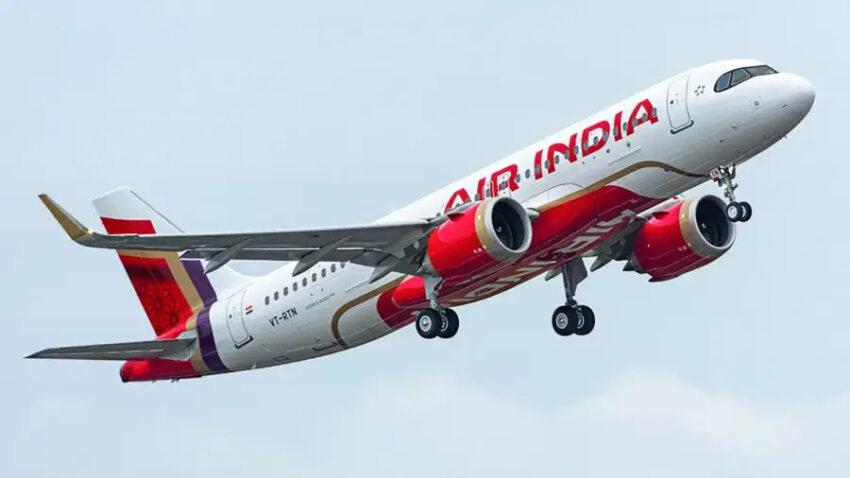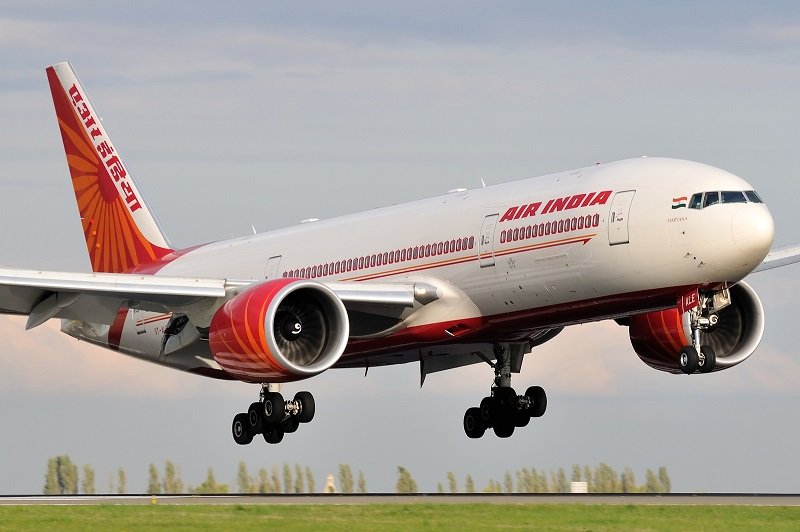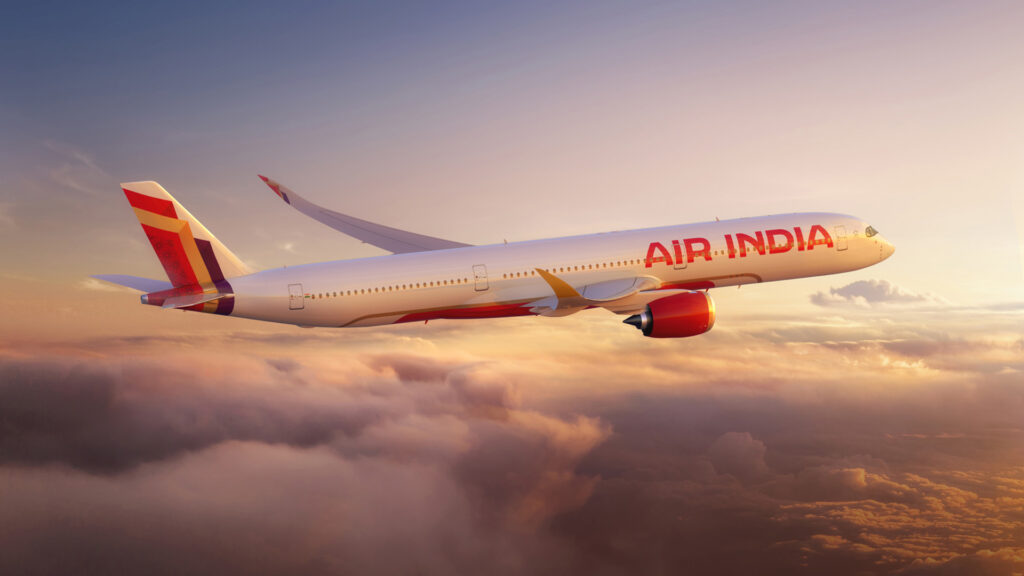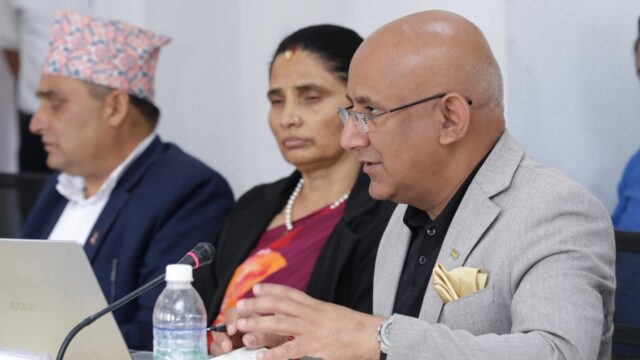Pakistan’s recent decision to block its airspace for Indian airlines is causing significant disruptions to international travel, with over 800 flights expected to be affected. The immediate impact is already visible as flights from northern Indian airports such as Delhi, Amritsar, Jaipur, and Lucknow, bound for West Asia, the Caucasus, Europe, the UK, and eastern North America, are now being forced to take longer alternative routes to bypass Pakistani airspace.

These diversions add anywhere between 15 minutes to several hours to flight times, creating operational challenges and passenger inconvenience. Major airlines including Air India, IndiGo, Air India Express, Akasa Air, and SpiceJet have been hit, as all operate numerous westbound international routes that previously passed through Pakistani skies. According to aviation analytics firm Cirium, over 400 westbound flights depart weekly from these four airports, and when including return legs, the total disruption rises to about 800 flights with Delhi’s Indira Gandhi International Airport alone accounting for 640 of these flights.

One of the major operational consequences is that many ultra-long-haul flights, previously non-stop, now require refueling or crew change stops in Europe. Recent tracking data revealed that Air India’s Delhi-Washington and Delhi-New York flights had to stop at Vienna, while Delhi-Chicago, Delhi-Toronto, Delhi-Newark, Mumbai-New York, and Vancouver-Delhi services made unexpected stops in Copenhagen. These additional stops not only prolong flight times but also increase fuel and crew costs.

This situation is not new for Indian aviation. Pakistan had previously closed its airspace in February 2019 following the Balakot air strikes after the Pulwama terror attack, leading to a months-long disruption. During that period, Indian airlines collectively incurred losses estimated at around Rs 700 crore due to higher fuel consumption, longer flight durations, and increased operational complexities. Air India was the worst hit then, given its extensive west-bound operations a trend that is repeating itself in the current closure.

Adding to the burden on travelers, ticket prices are set to rise. Industry analysts forecast an 8–12% increase in airfares for flights affected by the airspace closure. A senior travel industry executive reported to PTI that international tickets could become even more expensive if the situation continues for an extended period, impacting travel costs during the upcoming busy summer season.






